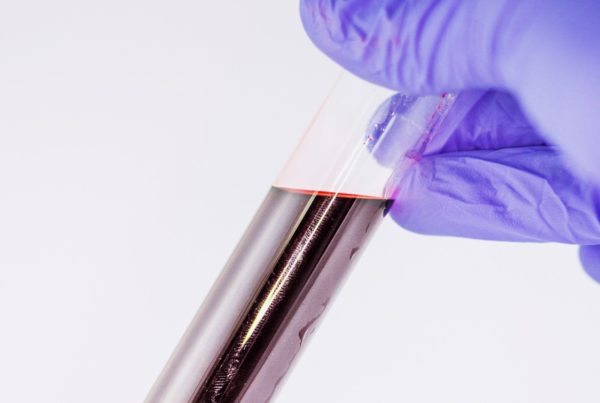
In the recent $289 million jury verdict against Monsanto’s Roundup, much of the discussion has centered on what the science suggests. On the plaintiff side, attorneys and environmental groups have pointed toward the 2015 WHO report that stated glyphosate is a probable carcinogen. Monsanto defense attorneys, by contrast, have pointed toward 2017 EPA findings that glyphosate is probably not carcinogenic.
In the California case, the jury ultimately sided with the California groundskeeper who received a terminal non-Hodgkin lymphoma diagnosis after years of using Roundup. In the decision, the San Francisco jury determined that Roundup contributed to causing the plaintiff’s cancer, and the jury also found that a warning label of the potential health hazard of glyphosate should be included on Roundup products.
In this way, the lawsuit was about more than just the potential legal wrongdoing of Monsanto. This recent lawsuit and future lawsuits involving glyphosate have effectively become debates over the safety of glyphosate itself.
A Reminder That Jury Verdicts on Scientific Issues Do Not Equate to Scientific Certainty
One of the tricky aspects of the current Roundup litigation is that the science on glyphosate safety is not yet settled. That said, judges must make the difficult decision of deciding what information should be presented to the jury, and the jury itself is then tasked with rendering a verdict on an unsettled scientific debate.
As such, it is important to keep in mind that these juries may render verdicts that, over time, are found to be inconsistent with scientific understanding. If, for example, it is found that glyphosate causes cancer, then any jury verdict finding that Monsanto’s glyphosate products like Roundup did not cause cancer may well be inconsistent with the ultimate scientific conclusion. And, the reverse could also be true if the scientific community eventually concludes that Roundup does not cause cancer.
Finally, keep in mind that the first glyphosate lawsuit on trial — the aforementioned $289 million verdict — tasked the jury with answering specific questions related to the facts of the groundskeeper’s lawsuit. Therefore, the jury was considering the evidence that Monsanto’s glyphosate products were harmful and cancer-causing, not the harms of glyphosate across the board. This is a simple, yet essential, point to keep in mind as glyphosate has continuously been in the news in recent weeks, even after high-profile findings that glyphosate was found in breakfast cereal.
The uncertainty of glyphosate science, then, will continue to play a role in legal proceedings involving glyphosate, but the jury in every case will be tasked with answering specific questions related to the harms of a glyphosate product based on the evidence presented.
The reality of glyphosate litigation is that plaintiffs who believe glyphosate caused their cancer must choose a glyphosate cancer lawyer who is capable of presenting strong trial evidence in a clear and concise way that the jury understands.
The Ledger Law Firm is a nationally recognized personal injury law firm who is representing victims of glyphosate who believe that Roundup products caused their cancer. Contact us online today for a free case evaluation with a Roundup attorney at Ledger Law today.



